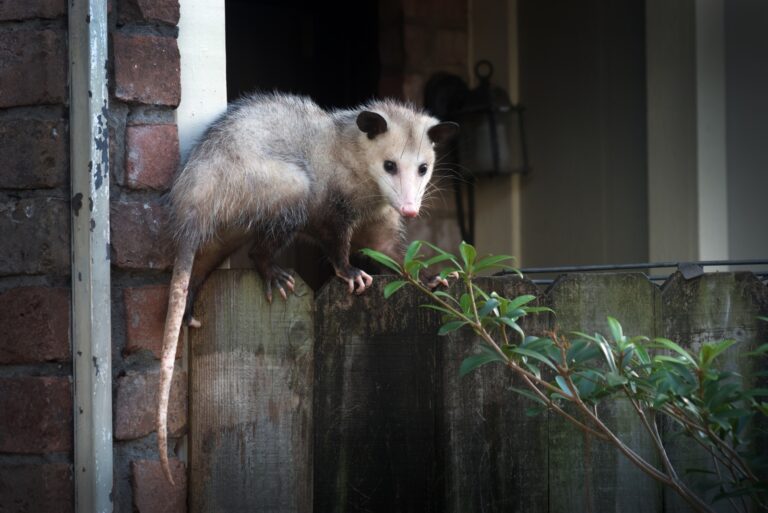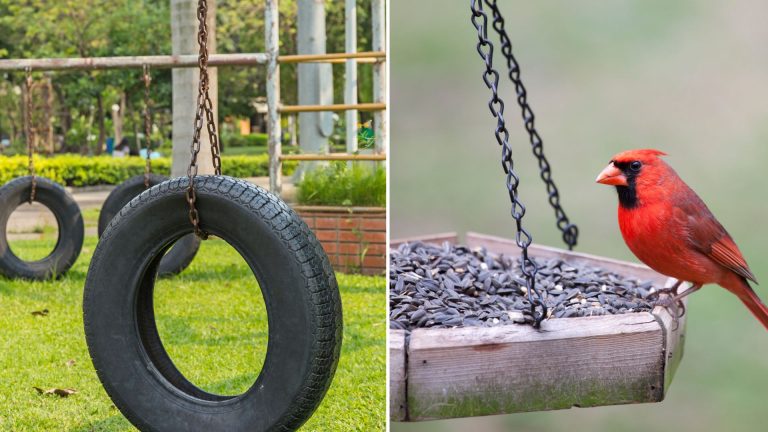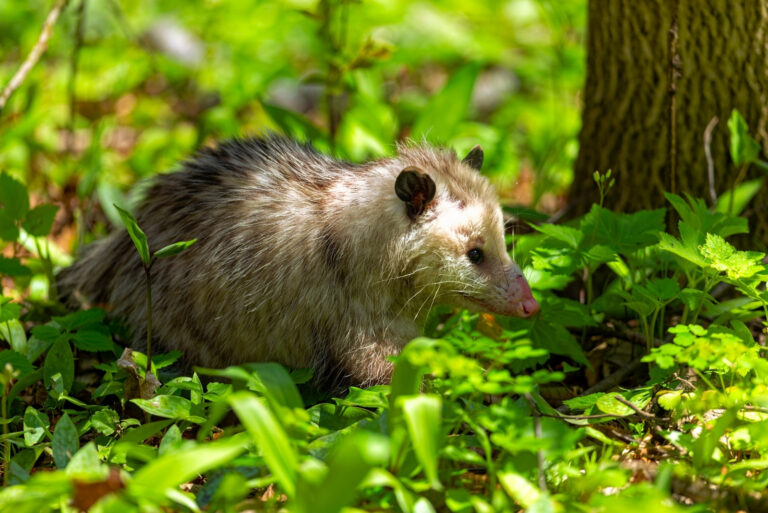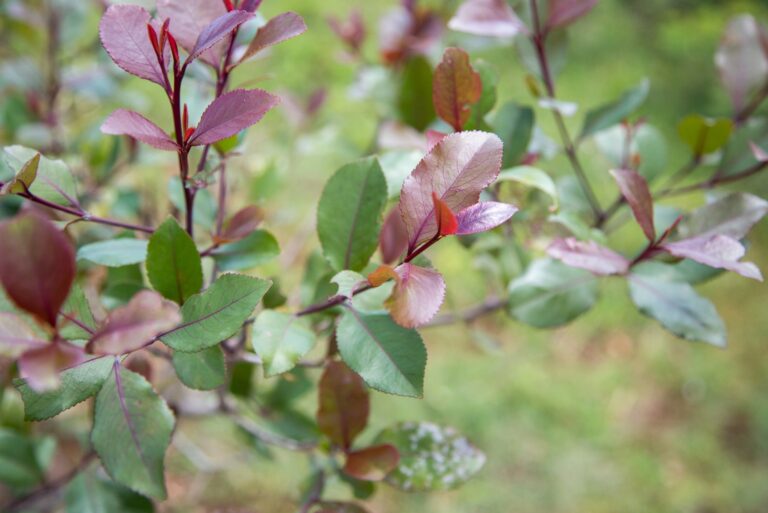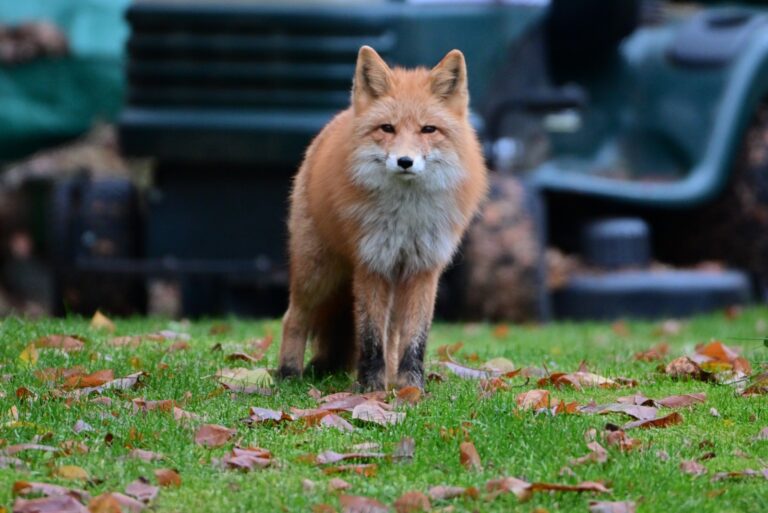Illegal Backyard Crops In Texas You Didn’t Know About
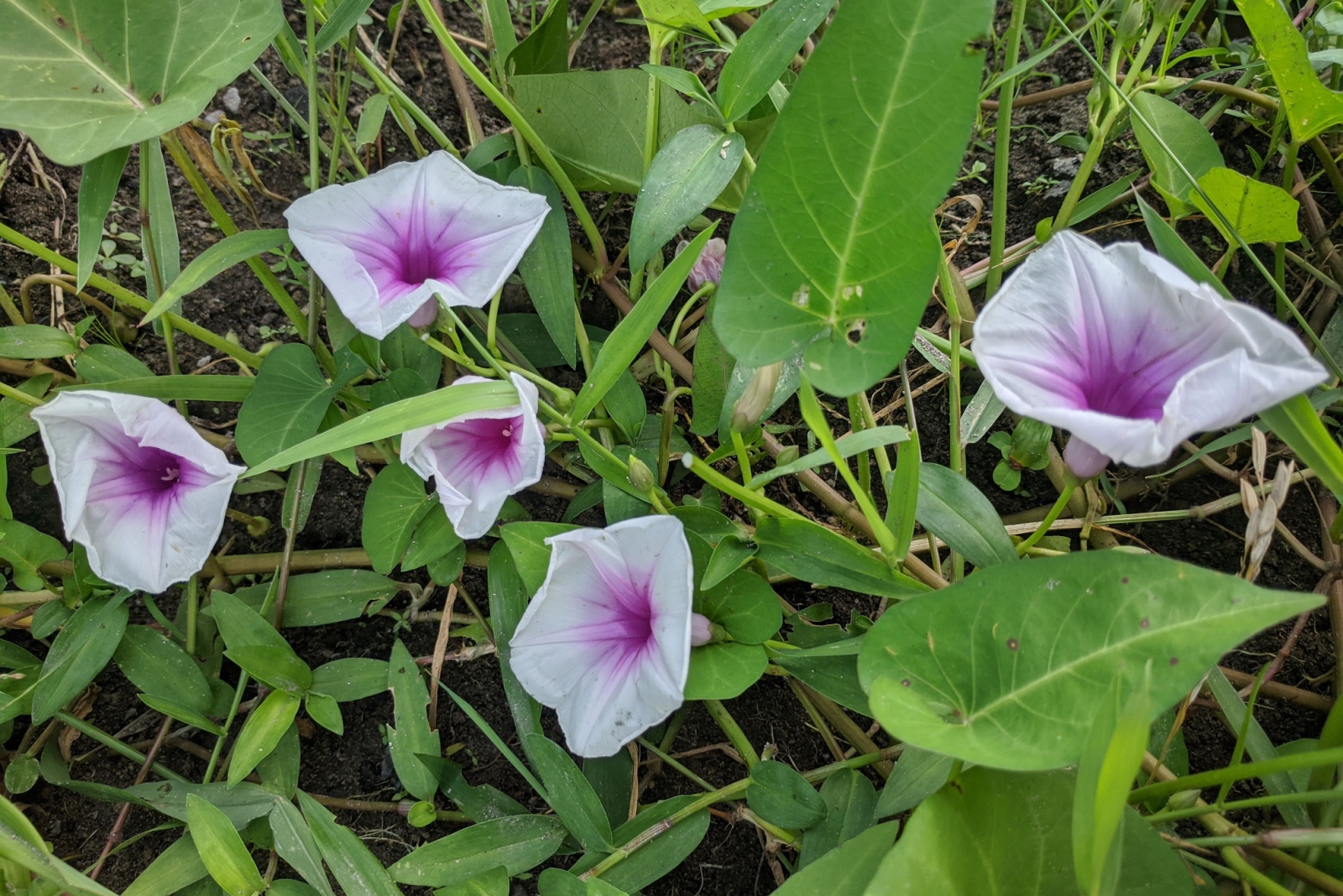
Gardening in Texas isn’t just about sunshine and soil—it’s also about knowing the rules. Many green-thumbed enthusiasts are surprised to learn that some plants are off-limits. State laws and climate concerns shape what’s safe to grow.
Agricultural protections and invasive species regulations have led to a list of restricted or banned plants. Even popular choices might pose risks to local ecosystems. What thrives in your yard could threaten crops nearby.
Whether you’re planning a new garden or just browsing seed catalogs, it pays to stay informed. Understanding which plants are illegal can help you avoid fines and protect the land. A little research now means fewer headaches later.
1. Opium Poppy
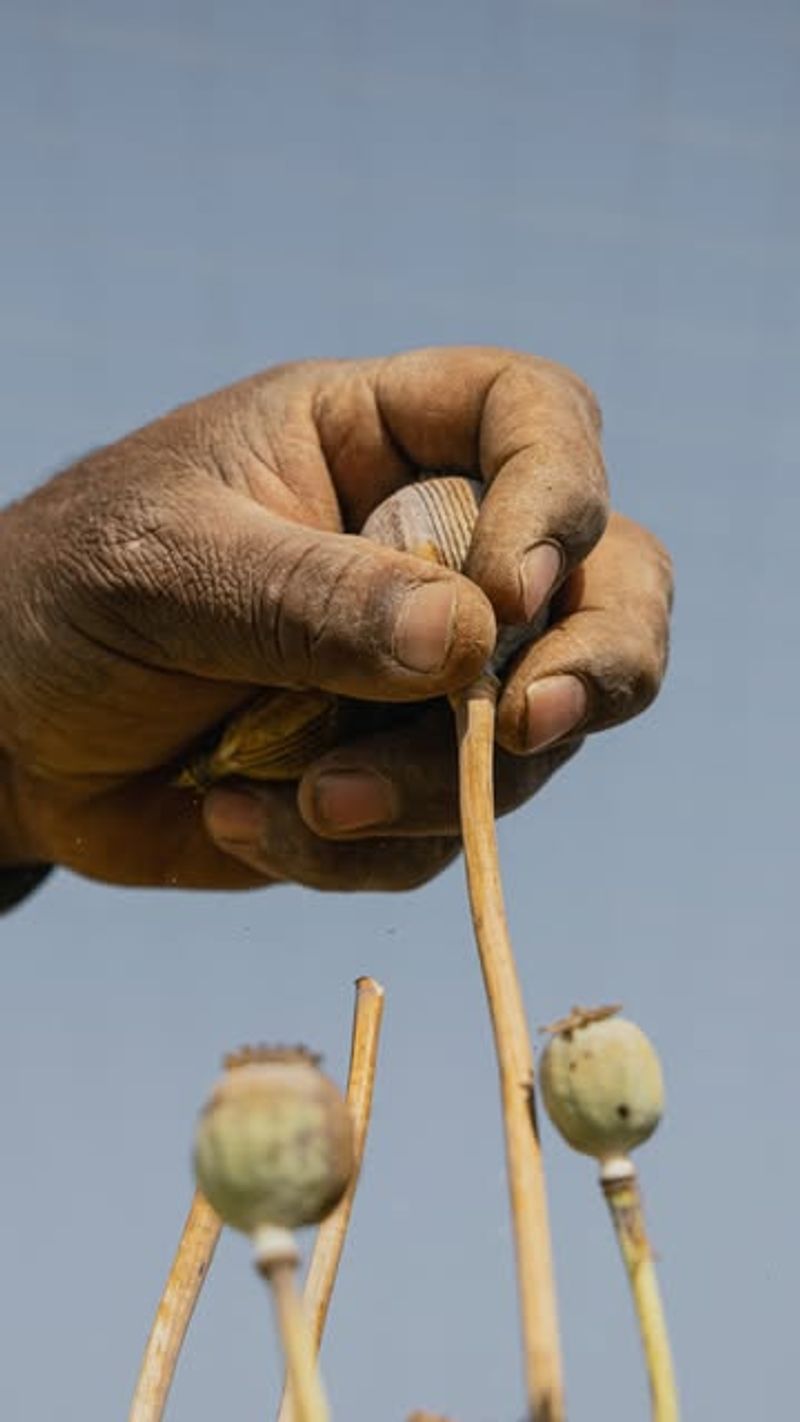
Growing these delicate-looking flowers might seem innocent, but their connection to narcotics production makes them strictly forbidden in Texas backyards.
Federal law classifies these poppies as Schedule II controlled substances because they contain morphine alkaloids. Even if you’re just interested in their beautiful blooms, possession can lead to serious legal consequences.
Many gardeners accidentally purchase these seeds mixed in ornamental packets, unaware they’re cultivating an illegal crop that could result in felony charges.
2. Coca Plant
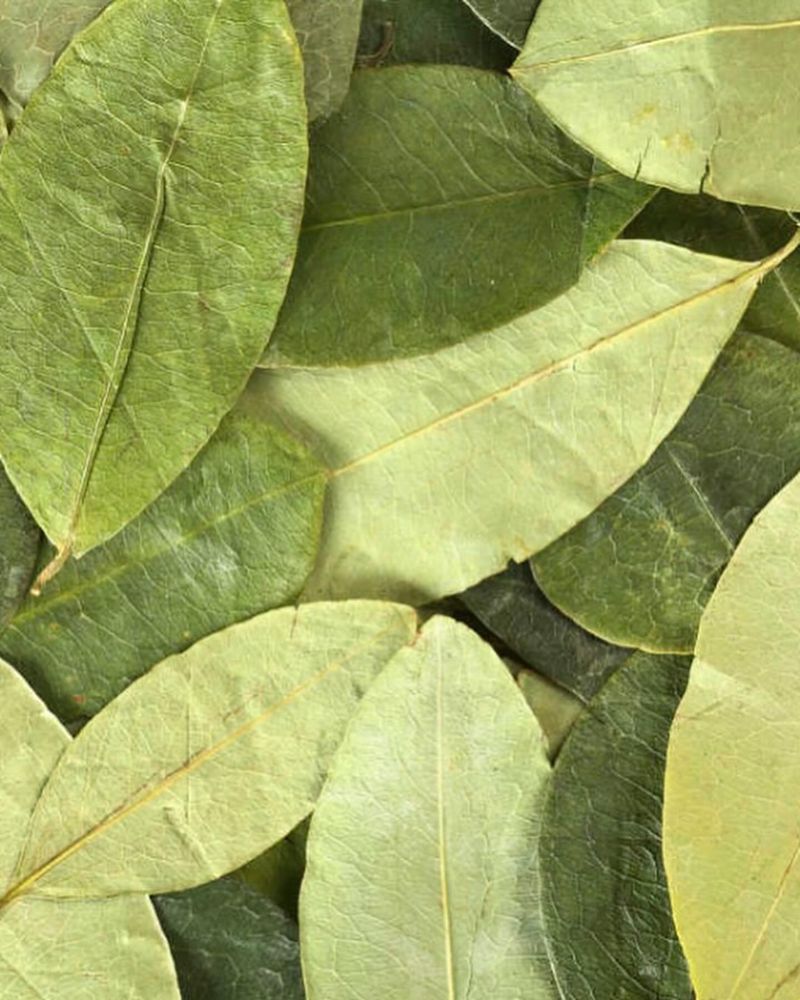
Few Texans realize that having this tropical shrub in your garden is a federal offense carrying severe penalties. The leaves contain alkaloids used to produce cocaine.
Law enforcement doesn’t differentiate between growing it for ornamental purposes or illegal substance production. Even a single plant can trigger a DEA investigation.
Occasionally marketed under misleading names in online plant shops, unsuspecting gardeners might purchase them without realizing the serious legal implications of cultivation in their Texas backyard.
3. Khat
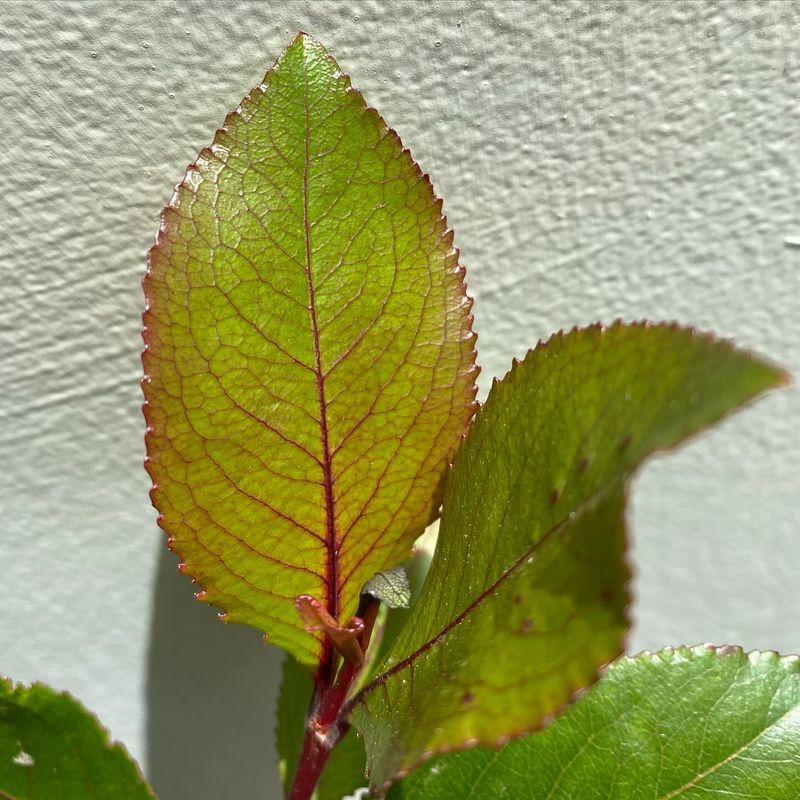
Regulations against this East African shrub caught many immigrant communities by surprise when they attempted to grow it in Texas backyards.
The leaves contain cathinone, a stimulant similar to amphetamine, making it a controlled substance under both state and federal law. Traditional cultural uses don’t exempt it from strict prohibition.
Despite its innocuous appearance resembling ordinary shrubs, possession of khat plants can result in felony charges – something many gardeners discover too late after ordering cuttings online.
4. Peyote Cactus
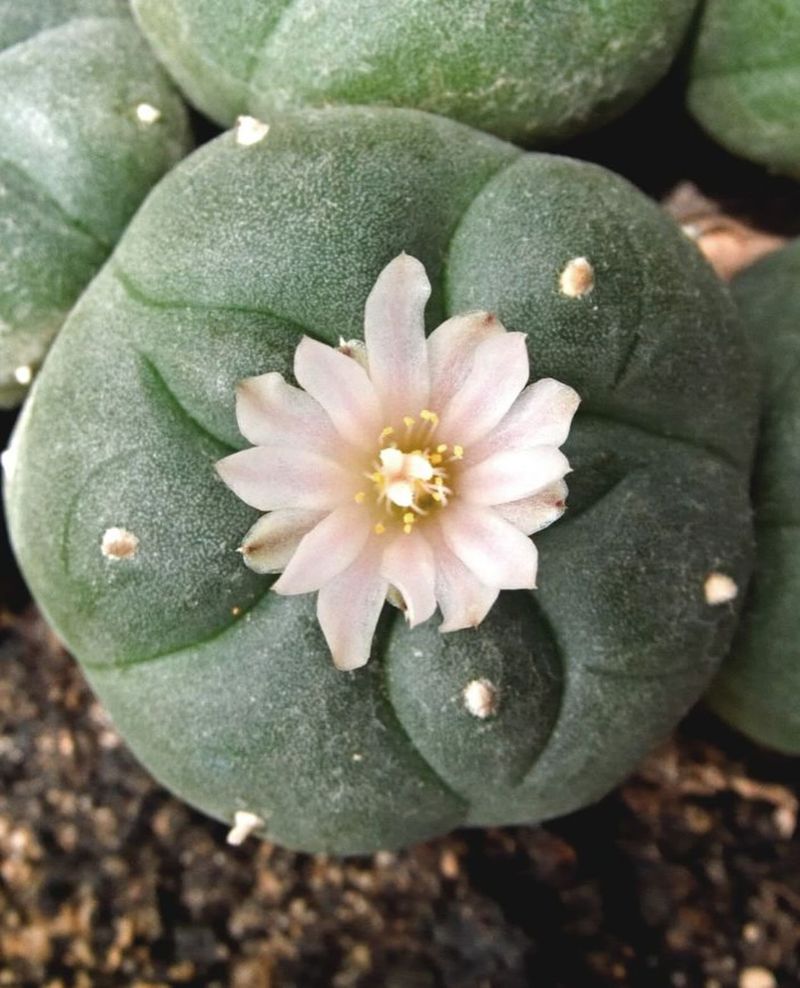
Religious exemptions exist for Native American church members, but for average Texas gardeners, growing this button-shaped cactus constitutes a serious offense.
Containing mescaline, a powerful hallucinogen, peyote is classified as a Schedule I controlled substance. Texas law enforcement actively monitors cactus nurseries and online sales for illegal distribution.
The slow-growing nature of these cacti makes them particularly sought after by collectors, but possession outside of recognized religious contexts can result in felony charges regardless of whether they’re grown for consumption or decoration.
5. Water Spinach
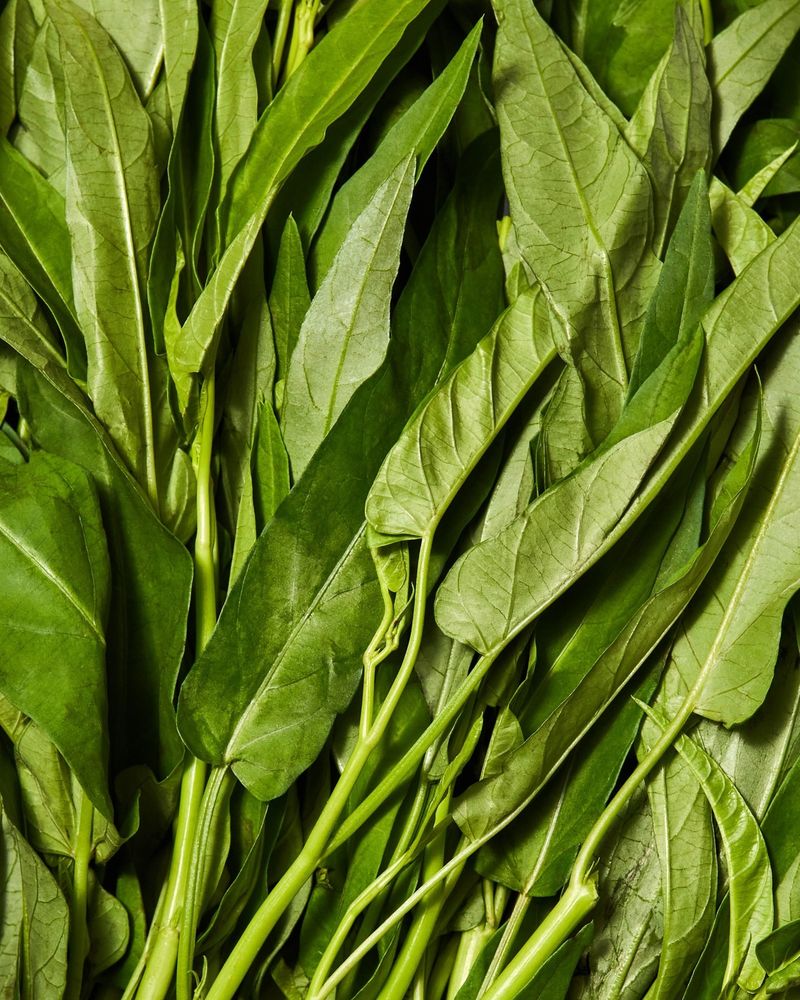
Surprisingly, this common Asian vegetable faces strict regulation in Texas due to its invasive potential in waterways and irrigation systems.
Also known as kangkong or ong choy, water spinach requires a special permit from the Texas Parks and Wildlife Department before cultivation. The rapid growth rate and ability to choke natural waterways earned it a spot on the state’s noxious weed list.
Several gardeners in Houston’s Asian communities have faced fines after unknowingly planting this vegetable, assuming its food status made it acceptable for backyard gardens.
6. Betel Nut Palm
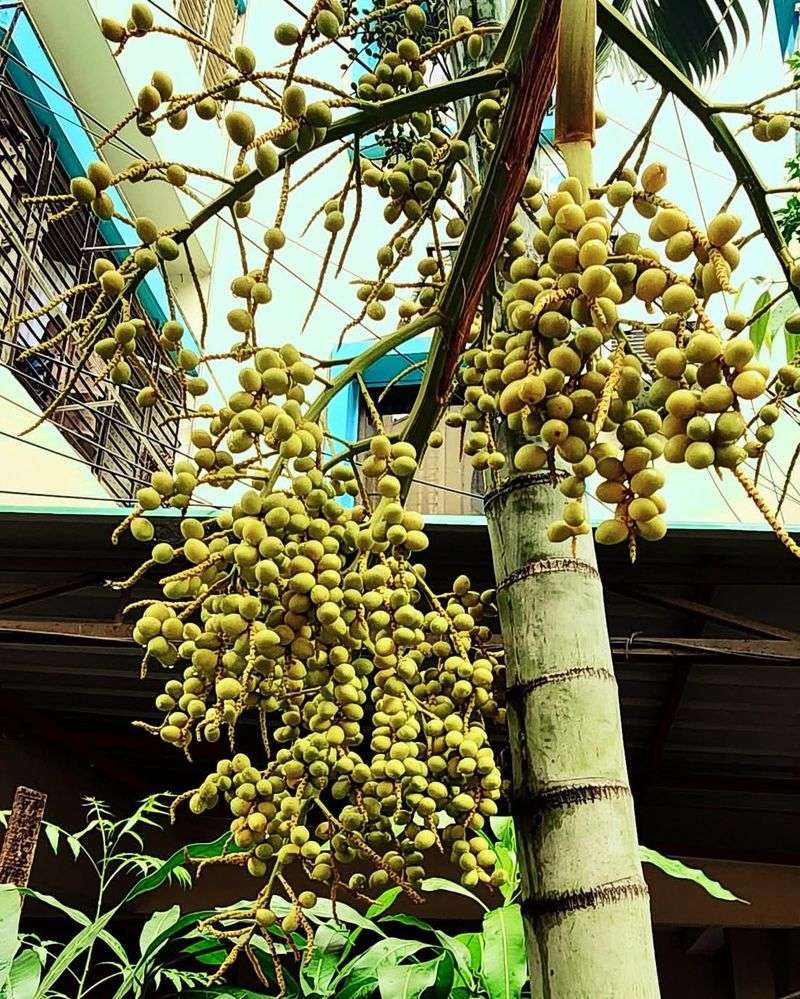
Culturally significant in many Asian communities, this palm species faces strict agricultural restrictions across Texas counties due to both its controlled substance status and invasive potential.
The nuts contain arecoline, a stimulant that’s regulated under Texas health codes. County agricultural inspectors routinely check nurseries for unauthorized sales of these palms.
What makes enforcement challenging is that young plants resemble other legal ornamental palms, leading to accidental cultivation by homeowners who later face removal orders from local agricultural authorities.
7. Kava
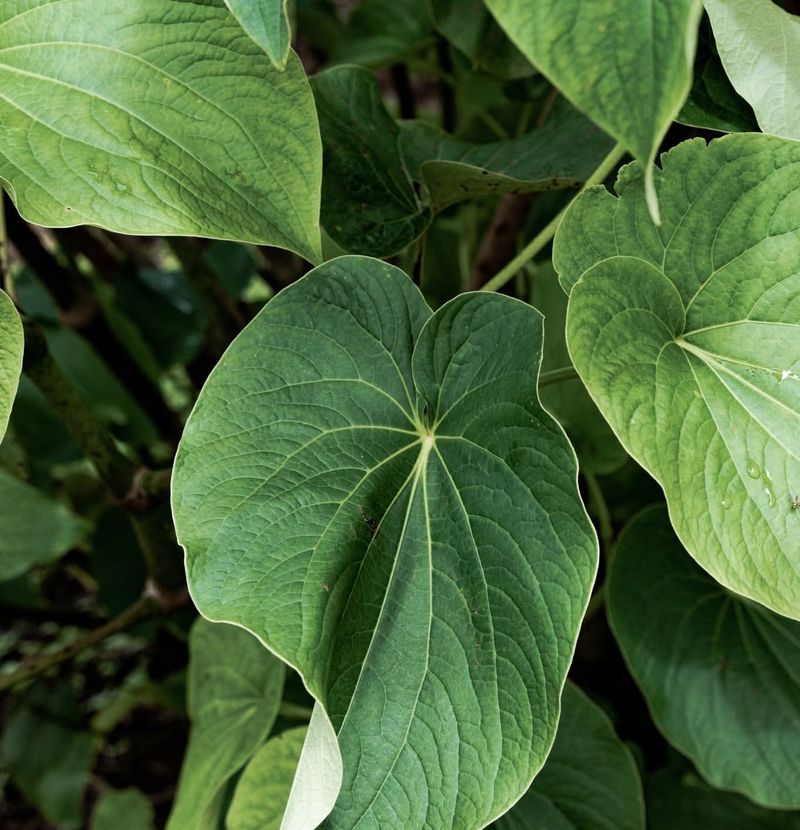
Cultural significance doesn’t exempt this Pacific Island plant from Texas’s strict agricultural and controlled substance regulations.
The roots contain kavalactones that produce sedative effects, placing it in a regulatory category that requires special permits for cultivation. Most home gardeners find these permits nearly impossible to obtain.
Despite being sold as a supplement in stores across Texas, growing the actual plant remains prohibited for backyard gardeners – creating a confusing contradiction that catches many plant enthusiasts by surprise.
8. Citrus Trees In Quarantine Zones
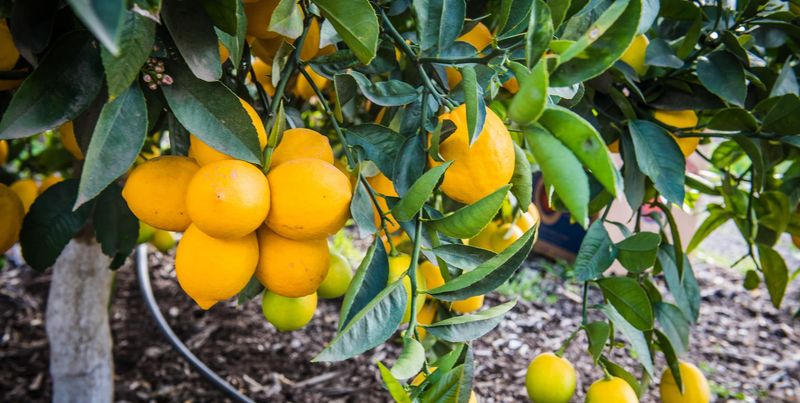
Devastating citrus greening disease has prompted Texas agricultural authorities to establish strict quarantine zones where growing any citrus is prohibited without special permits.
The bacterial infection spreads through a tiny insect called the Asian citrus psyllid, decimating commercial orchards. Home gardeners in affected counties face fines for unauthorized citrus cultivation, regardless of the tree’s size or purpose.
During my visit to the Rio Grande Valley, I witnessed agricultural inspectors removing backyard orange trees from properties within quarantine boundaries – a heartbreaking but necessary measure to protect Texas’s vital citrus industry.
9. Moonflower
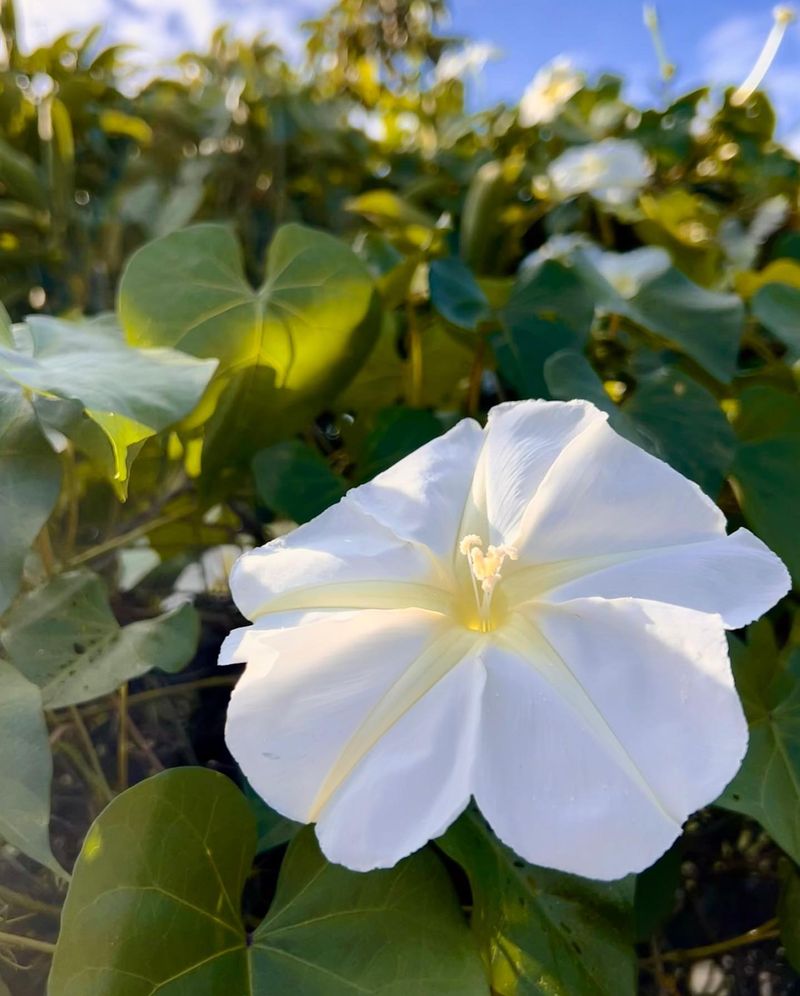
Enchanting night-blooming flowers disguise this plant’s status as a controlled substance due to its hallucinogenic seed content.
Containing powerful alkaloids similar to those in morning glories, moonflower seeds are monitored by Texas law enforcement when grown in quantities suggesting non-ornamental use. The beautiful trumpet-shaped blooms often distract from its legal status.
Garden centers throughout Texas sell these plants with no warnings about their regulated status, leaving homeowners vulnerable to potential legal issues if they inadvertently allow seed production and distribution.
10. Bitter Cassava
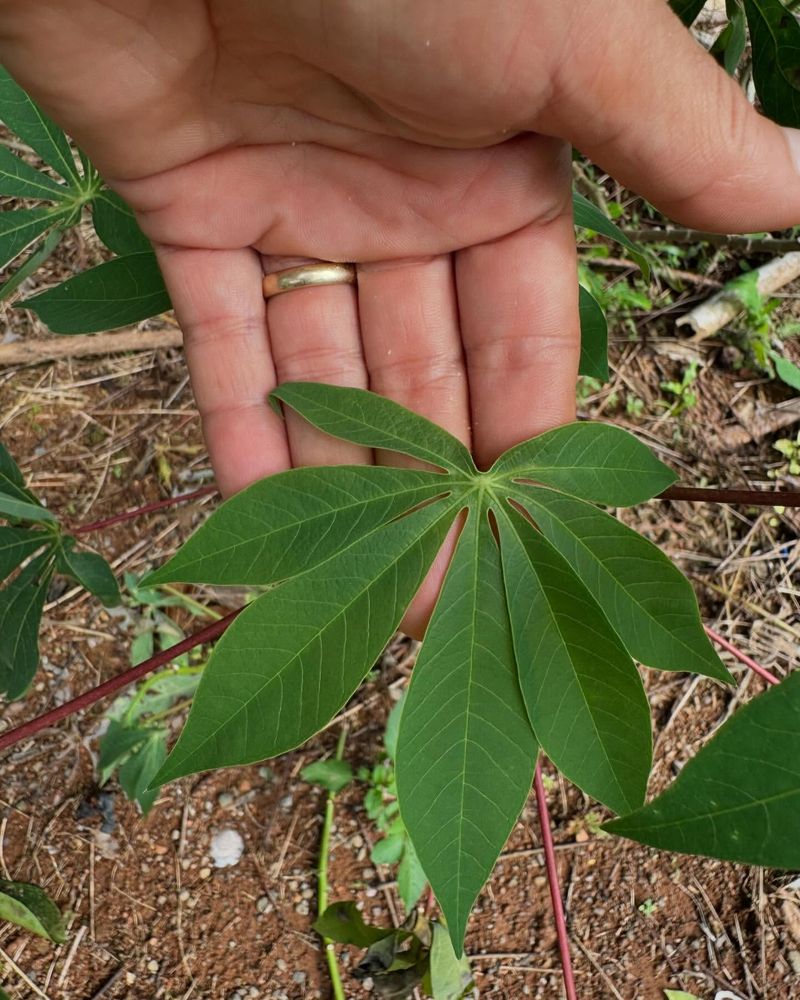
Agricultural inspectors across Texas monitor for unauthorized cultivation of this high-cyanide variety, which differs significantly from its safer cousins.
Unlike sweet cassava, the bitter variety contains dangerous levels of cyanogenic compounds that require extensive processing before consumption. Texas regulations restrict its cultivation due to both toxicity concerns and potential for misidentification.
Several gardening communities in East Texas discovered these restrictions after community garden projects were shut down for growing bitter cassava varieties imported through international seed exchanges.
11. Datura (Jimsonweed)
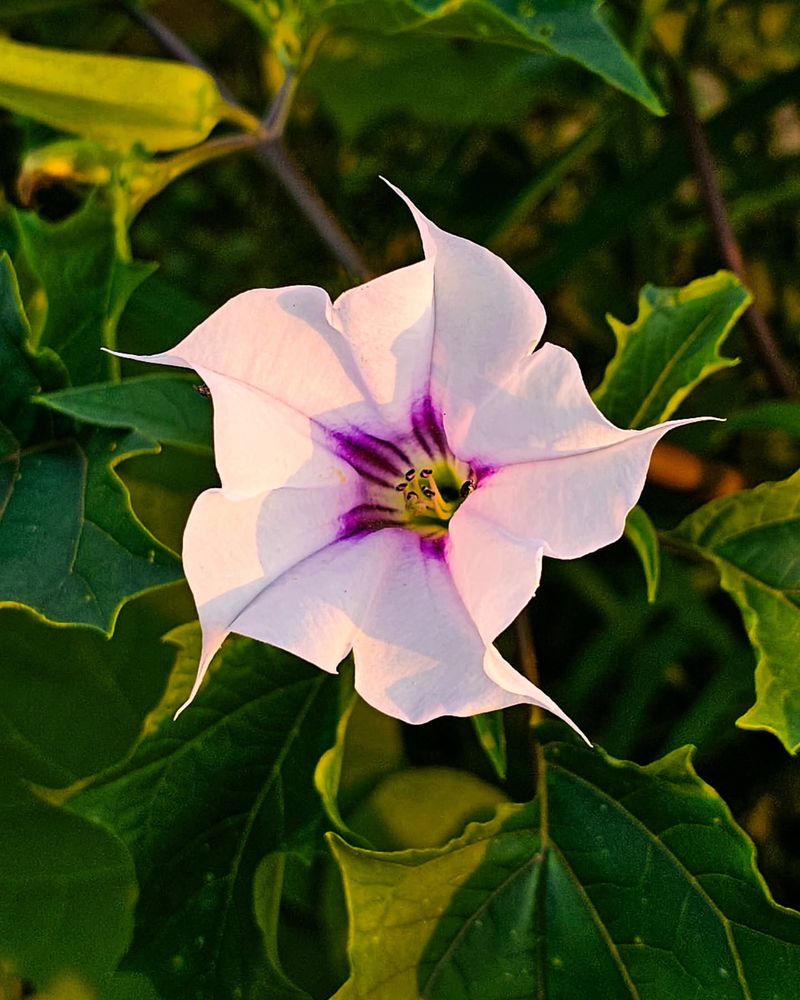
Commonly mistaken for decorative angel trumpets, this plant contains dangerous levels of tropane alkaloids that have triggered strict regulations across Texas counties.
All parts of datura are potentially lethal if consumed, leading to its classification as a controlled plant. Despite its toxic nature, the beautiful flowers continue attracting gardeners unaware of both health and legal risks.
Texas poison control centers report multiple cases annually of accidental datura poisoning, reinforcing why agricultural authorities maintain vigilance against intentional cultivation of this deceptively attractive but dangerous plant.
12. Hemp Without Permits
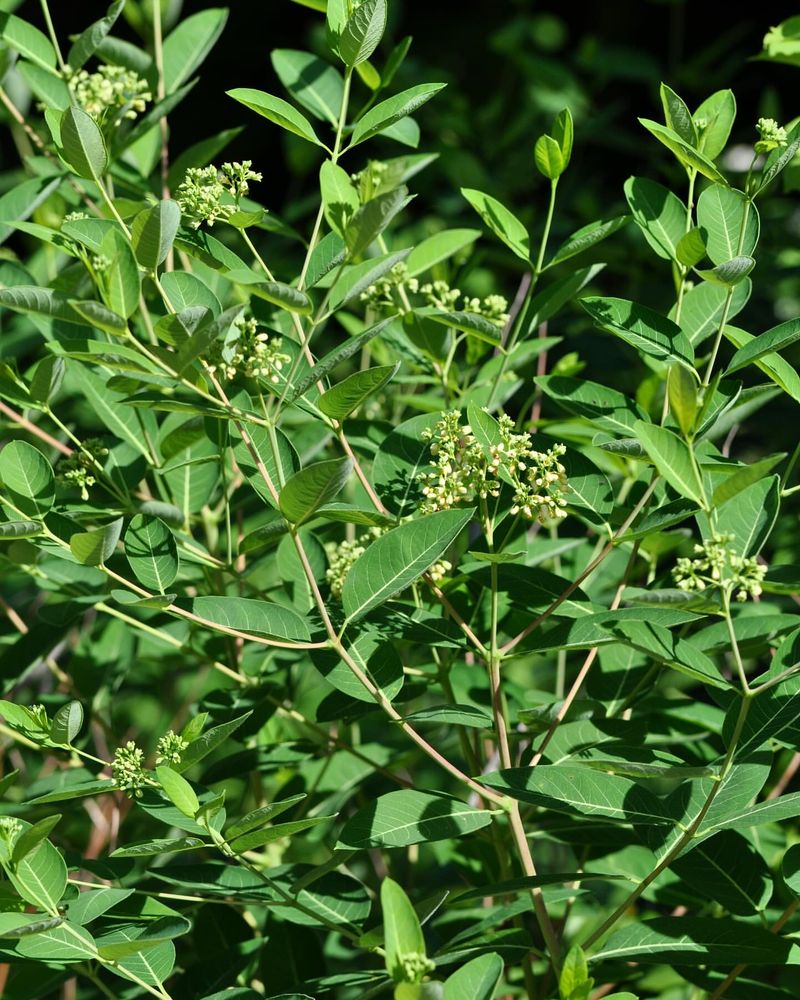
Recent legislation changes created confusion around hemp cultivation in Texas, with many gardeners unaware that growing even a single plant requires extensive licensing.
Despite CBD’s widespread availability, growing hemp without proper Texas Department of Agriculture permits remains strictly prohibited. The application process involves background checks, fees exceeding $300, and mandatory GPS coordinates for growing locations.
Several urban gardeners faced hefty fines last year after growing what they thought were “legal” hemp plants for personal CBD production, highlighting the strict enforcement of Texas’s commercial licensing requirements.

